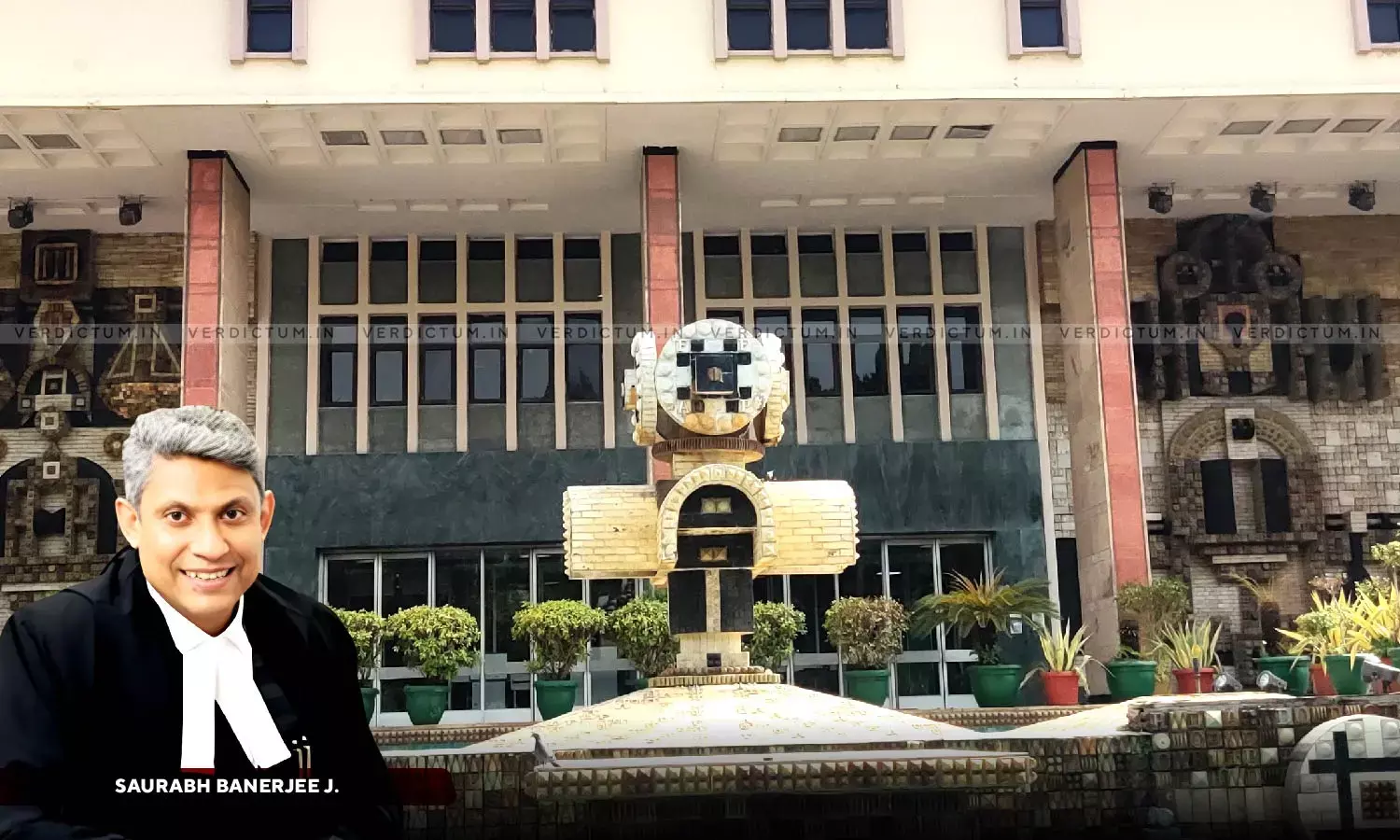Right To Marry Is An Integral Aspect Of Right To Life Under Article 21 And The Universal Declaration Of Human Rights: Delhi HC

The Delhi High Court has held that the right to marry is an integral aspect of the right to life enshrined under Article 21 of the Constitution and the Universal Declaration of Human Rights.
The Court allowed the Petition that sought police protection against the family members of the Petitioner. The Court emphasized that the Petitioners did not require any social approval for their personal decisions and choices.
Justice Saurabh Banerjee noted, “The right to marry is an incident of human liberty. The right to marry a person of one’s choice is not only underscored in the Universal Declaration of Human Rights, but is also an integral facet of Article 21 of The Constitution of India which guarantees the right to life”.
Advocate Gagan Kumar appeared for the Petitioners, and Additional Standing Counsel Rupali Bandhopadhya appeared for the Respondents.
A Writ Petition was filed seeking issuance of a writ in the nature of mandamus directing Respondent nos. 2 and 3 to protect the Petitioners against life and liberty threats. The Petitioners contended that they were major and got married with their free will and consent according to Hindu Vedic Rights and Ceremonies at ‘Arya Samaj Mandir.’ However, the Petitioners were receiving constant threats from Respondent nos. 5 to 11, as the marriage was solemnized against the wishes of the said Respondent.
The Court noted that the freedom to marry is fundamental to human liberty. The Court emphasized that the Universal Declaration of Human Rights and Article 21 of the Constitution of India outline the right to marry the person of one's choosing as an essential component of the right to life.
The Court referred to the cases of Shafin Jahan v Asokan K.M. [(2018) 16 SCC 368] and Lata Singh v State of U.P. & Another [(2006) 5 SCC 475] and noted that the Petitioners, who are both adults, have the right to marry each other regardless of their religion, faith, and beliefs. Respondent nos. 5 to 11, who are family members of Petitioner no.1, cannot threaten the Petitioners' life and liberty. The Petitioners do not need societal approval for their personal decisions and choices. The Court noted that per Article 21 of The Constitution of India, every individual has the right to personal liberty and protection of life, which includes the right to make personal choices, particularly in matters of marriage. Therefore, the Court held that the Petitioners are entitled to protection under Article 21 of The Constitution of India.
Accordingly, the Court allowed the Petition.
Cause Title: Palak & Anr. v Govt. of NCT of Delhi & Ors

